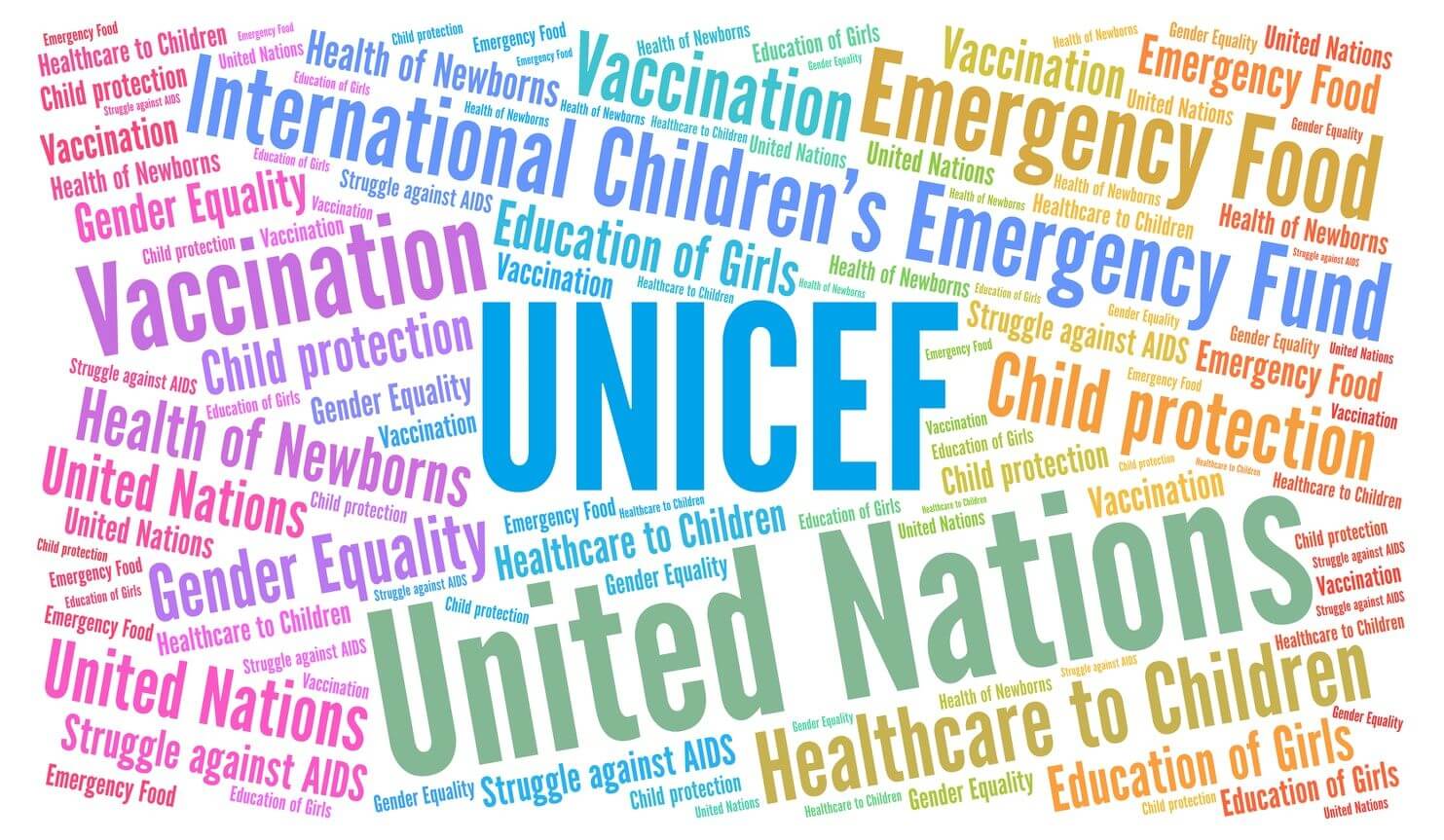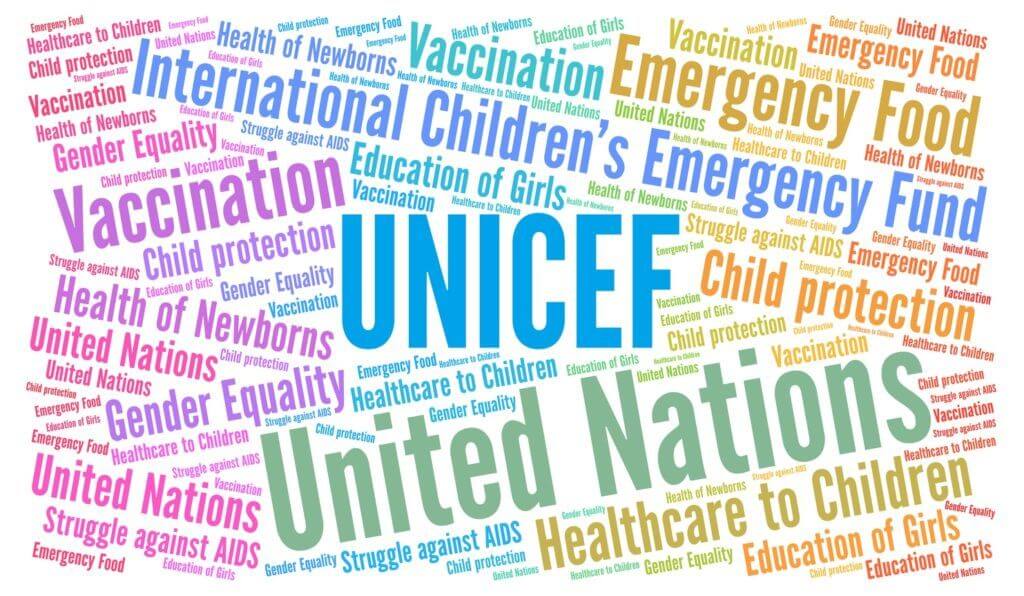
The United Nations’ emergency fund for children is now using a newly opened UNICEF cryptocurrency fund. This means that they will be able to receive digital donations from now on.
It is the first time that a UN agency has taken advantage of the opportunities presented by cryptocurrencies in this way. So what does it involve and what currencies can be used?

The Basics of the UNICEF Cryptocurrency Fund
The organisation will use this fund to receive, store and send money digitally. They have set it up to deal with Bitcoin (BTC) and Ether (ETH). UNICEF haven’t released details of whether it may be extended to other currencies eventually.
The idea is to use the cryptocurrency donations to fund open source technology. In this way, they can benefit youngsters all over the planet. Every donation made will stay in the same currency before being paid out in the same way. So, a Bitcoin donation will eventually lead to a Bitcoin payment being made.
The UNICEF Executive Director is Henrietta Fore. She called it a “new and exciting venture for UNICEF”. Fore added the thought that it is important for them to explore what digital currencies could offer. She thinks that they could “have the potential to shape the lives of coming generations”.
The Ethereum Contribution
The Ethereum Foundation has made the initial donation to the UNICEF cryptocurrency fund. Their Executive Director, Aya Miyaguchi, said at the DevCon conference that they have donated 100 ETH. At today’s rate, that works out at around $18,000. She said that they are “taking action with the Crypto Fund to improve access to basic needs, rights, and resources”.
The Foundation has made the donation through the French committee for UNICEF. Other national committees currently accept cryptocurrencies too. For instance, you can send money to the agencies for the US, Australia and New Zealand. The Ethereum money is destined for projects ran by Prescrypto, Atix Labs and Utopixar. These agencies deal with areas such as matching investors with those that need funding.
UNICEF has turned to modern technology before now too. They have also led a project to connect school-children to the internet. Last year, they confirmed a $100,000 investment in blockchain startups. These projects will work on various global challenges. Also, UNICEF announced in 2018 that they could accept Ripple (XRP) and Stellar (XLM).
It is a good sign that this UNICEF cryptocurrency fund is now on the map. More people will realise that the blockchain can be used for worthwhile purposes. Will it lead to an increase in donations to this highly useful agency? If so, this could be a great start for the idea of digital donations.

